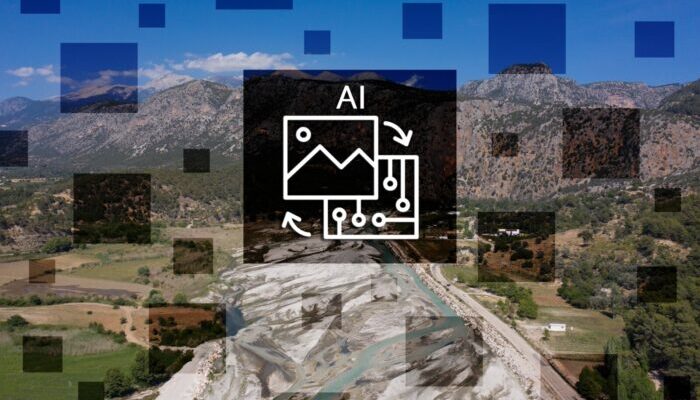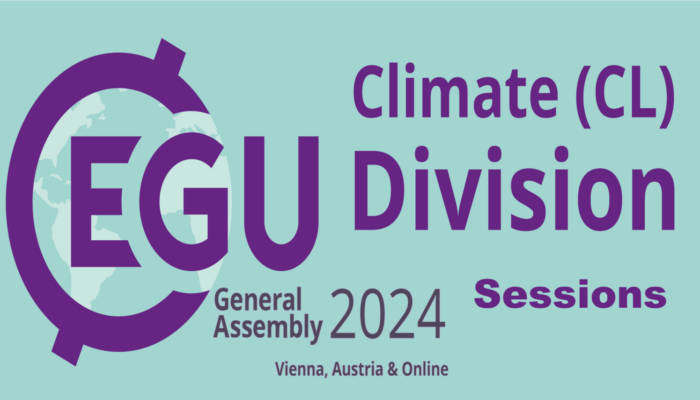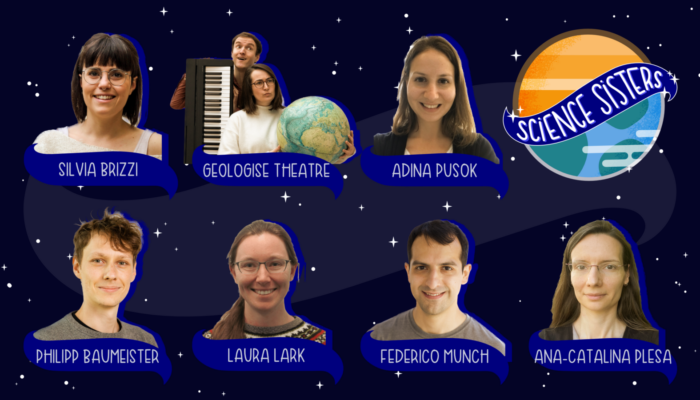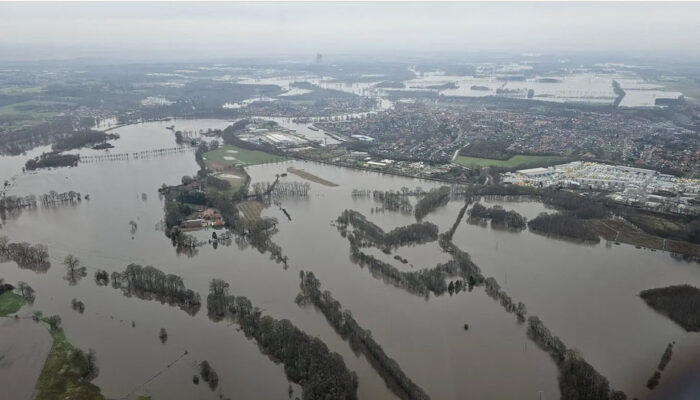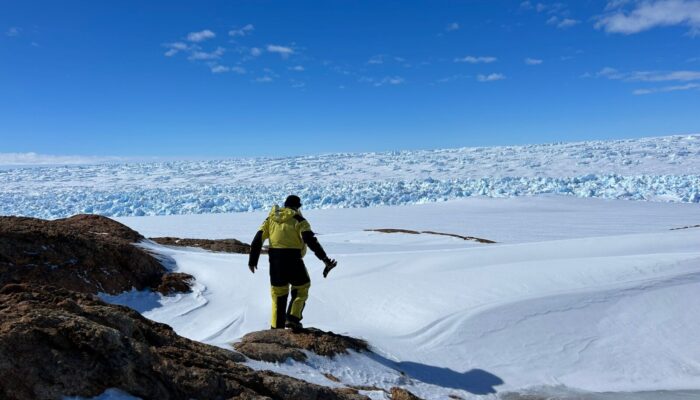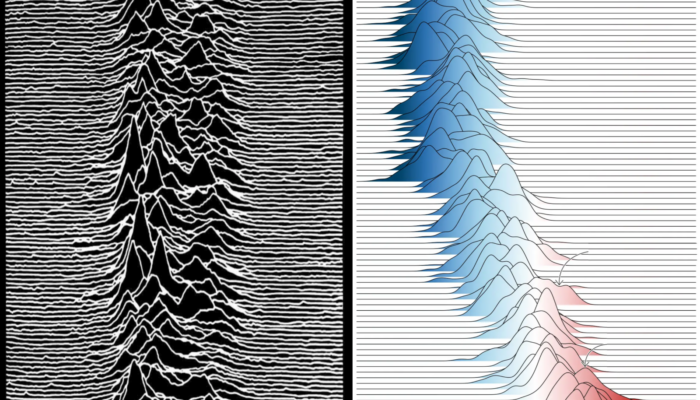In recent decades, AI-based methods have increasingly been adopted to tackle various problems in the field of natural hazards. The escalation of climate change has fuelled the complexity of tasks within the field of disaster risk reduction, such as capturing the formation of an extreme event timely to evacuate an area at risk. In this context, with the greater availability of data and computerised ...[Read More]
Tectonics and Structural Geology
TS Must-Read – Bürgmann and Dresen (2008): Rheology of the Lower Crust and Upper Mantle: Evidence from Rock Mechanics, Geodesy and Field Observations
In 2008 Roland Bürgmann and Georg Dresen published their Must-Read paper on the rheology of the lower crust and upper mantle, based on findings from the lab, the field and space. As stated in the introduction, “rheology is the study of the flow and deformation of all forms of matter,” and as such the rheology of the Earth’s lower crust and upper mantle is closely linked to the evolution and deform ...[Read More]
Cryospheric Sciences
Ice-Hot News – You have a “cool” new Policy Point of Contact in the Cryosphere Division!
At the 2023 EGU General Assembly, our cryosphere division members all voted “YES!” to have a division policy point of contact! If you’re wondering how to engage in science policy at our division level, what a division policy officer does, who was named and what happened next… This blog post should answer a lot of these questions (or I hope)! First off, a little history about how policy officers ca ...[Read More]
Hydrological Sciences
Do-It-Yourself (DIY) in Geoscience Miniseries – Part 2: Sensors & Electronics
As a child, I was a huge fan of LEGO. I would spend hours building and creating structures, vehicles and landscapes. For every birthday & Christmas, I wished for the newest sets of these colorful plastic bricks. While building the sets manually was fun, creating something new from my own fantasy was even better. It seemed like once I had a substantial amount of different bricks, combination po ...[Read More]
Climate: Past, Present & Future
Spotlighting the Climate Division’s sessions for EGU24
Dear community of climate enthusiasts and EGU lovers, We know that being part of the EGU is not just about staying in the loop with the latest geoscience works – especially when it comes to our all-time favorite realm of sciences: climate sciences 🤩. It is also an amazing opportunity to spark exciting collaborations and expand your network with scientists from all over Europe and the world. EGU is ...[Read More]
Geodynamics
Science Sisters Season 2 is out now!
Science Sisters is a lighthearted interview series where Iris van Zelst (postdoc at the German Aerospace Center) chats with lots of different people (with a focus on – but not limited to – women in science) to make some sense of the academic world. Filled with laughter and silliness, it explores different career paths, academic life, soft skills, and current issues in academia. At 15 t ...[Read More]
Geodynamics
The Sassy Scientist – Where the wild grids are
In the labyrinth of scientific research, one often finds themselves at the crossroads of data accessibility and the desire to reuse and build upon other people’s work. All too frequently, results are presented in a format that cannot be read by the computer. Does your favourite Geochemistry paper come with a PDF table, but no excel spreadsheet on the sight? Been there. Wondering what lies beneath ...[Read More]
Hydrological Sciences
Communicating science to the public – an example after the recent floods in Germany
After the wet December 2023, the year 2024 started with widespread flooding in parts of Europe. Flooding during winter times is not unusual but brings particular challenges in terms of spatial extent, and the impact on people can be exacerbated when flooding comes with very low temperatures. The exceptionally wet and warm winter necessarily triggers questions from the public about how this links t ...[Read More]
Geodynamics
Unveiling the Secrets of the Deepest Inland Trough: The Denman Terrestrial Campaign
Greetings from the heart of Antarctica! This week on the EGU Geodynamics blog, we are thrilled to share an exclusive insight into the groundbreaking Denman Terrestrial Campaign. Live from the icy expanse of the white continent, a team of geophysicists—Shyla Kupis, Dr. Lu Li, Dr. Mareen Lösing, Dr. Coti Manassero, Dr. Tobias Stål, and Dr. Kate Selway—will take you on a journey through their remarka ...[Read More]
Cryospheric Sciences
You can’t unsee it – the impact of a good visual for scientific data
We are visual learners after all and for many of us, creating visual content is far more out of our comfort zone than the already hard earned skills of writing itself. Still, creating an accessible image can be pivotal to not only the success of your paper, but also the reach of your science in general. Today’s post started with a climate figure that went viral because of its similarity to the ico ...[Read More]

